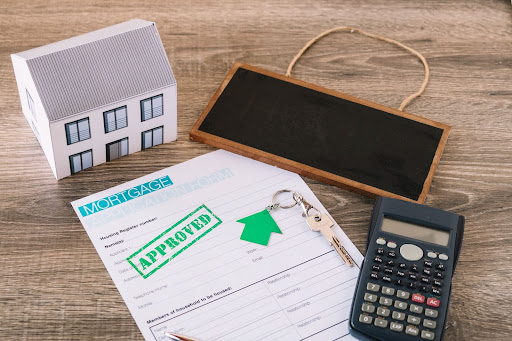When it comes to buying a home, there’s more to consider than just the down payment and monthly mortgage payments. One crucial aspect that often catches homebuyers off guard is the closing costs, also known as settlement charges. These costs can add up significantly, and understanding what they entail is essential for anyone looking to navigate the complex world of mortgages. In this comprehensive guide, we’ll break down everything you need to know about closing costs, from what they are to how to minimize them.
What Are Closing Costs?
Closing costs are a set of fees and expenses associated with finalizing a real estate transaction. They are typically paid at the closing of the sale, which is the point when the property changes ownership from the seller to the buyer. While the specific closing costs can vary depending on location, lender, and the intricacies of the deal, they generally include several common elements:
Lender Fees: These fees encompass various charges, such as application fees, origination fees, and points. Application fees cover the cost of processing your loan application, while origination fees are associated with creating the loan. Points, also known as discount points, are an optional fee paid upfront to lower your interest rate over the life of the loan.
Third-Party Fees: These fees include payments to third-party service providers who play a role in the transaction. Examples include fees for appraisal, credit reports, title searches, and title insurance. Title insurance is crucial as it protects both the buyer and lender from potential disputes over property ownership.
Prepaid Costs: These are expenses that need to be paid upfront but are not technically fees. They include prepaid property taxes, homeowner’s insurance, and prepaid interest on the mortgage.
Escrow Costs: If your lender establishes an escrow account for property taxes and insurance, you may need to fund it at closing to ensure these payments are made on time.
Government Fees: These fees cover items like recording the deed and mortgage with the local government, as well as any applicable transfer taxes.
Estimating Closing Costs
Closing costs can vary widely, typically ranging from 2% to 5% of the total loan amount. To get a more accurate estimate of your potential closing costs, you can request a Loan Estimate from your lender. The Loan Estimate breaks down the expected closing costs, making it easier to budget for them. Keep in mind that while this estimate is helpful, actual closing costs can vary slightly.
Strategies to Reduce Closing Costs
While closing costs are an inevitable part of the home-buying process, there are ways to minimize them:
Shop Around for Lenders: Different lenders may offer different rates and fees. It’s essential to compare quotes from multiple lenders to find the most favorable terms.
Negotiate with the Seller: In some cases, sellers may be willing to contribute to the buyer’s closing costs as part of the negotiation process. This can help reduce the financial burden on the buyer.
Consider No-Closing-Cost Loans: Some lenders offer no-closing-cost mortgage options. While these loans may have slightly higher interest rates, they can be a viable option for those who prefer to minimize upfront expenses.
Review the Loan Estimate Carefully: Once you receive the Loan Estimate from your lender, go through it meticulously. Ask questions about any fees or charges you don’t understand or find excessive.
Check for Down Payment Assistance Programs: Some government programs and nonprofit organizations offer down payment and closing cost assistance to eligible homebuyers. Research whether you qualify for such assistance in your area.
Close at the End of the Month: Closing at the end of the month can reduce prepaid interest costs since you’ll have fewer days in the first month to cover.
The Importance of Being Prepared
Understanding closing costs is a vital part of the home-buying process because it enables you to plan effectively and avoid unpleasant surprises. Being prepared for these expenses is crucial for ensuring a smooth transition from homebuyer to homeowner.
Keep in mind that while closing costs may seem like a significant financial burden, they are a one-time expense. Once paid, you can enjoy the benefits of homeownership without recurring costs, apart from your monthly mortgage payment, property taxes, and insurance.
Ingram Mortgage Team
Closing costs, or settlement charges, are a necessary part of the home-buying process. While they can add a significant amount to the overall cost of purchasing a home, understanding what they entail and employing strategies to minimize them can make the experience more manageable and affordable. At Ingram Mortgage Team, we prioritize transparency and aim to empower our clients with knowledge about these charges, helping them make informed decisions. By taking the time to research, compare offers, and negotiate when possible, you can navigate the world of closing costs with confidence and achieve your homeownership goals. Remember, preparation is the key to a successful and cost-effective home-buying journey.

